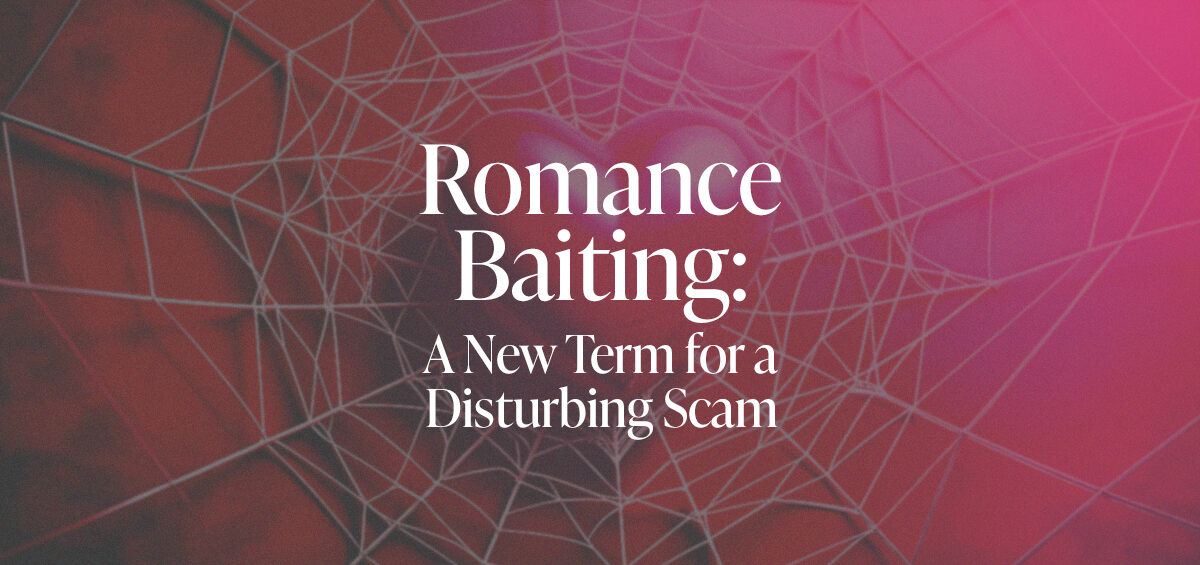In a world increasingly connected by digital platforms, the threat of online scams continues to evolve. One particularly heinous scam, often known as “Pig Butchering,” has been rebranded by INTERPOL as “Romance Baiting.” This shift is not merely a change in terminology but a critical step towards accurately representing the gravity of the scam and the plight of its victims.
What is “Pig Butchering”?
“Pig Butchering” is a term that originated from scammers themselves. It describes a process where victims, metaphorically referred to as “pigs,” are “fattened” through emotional manipulation and deception.
Scammers often initiate contact via dating apps, online dating platforms, or social media, pretending to be romantically interested. Over time, they build trust with the potential victim, persuading them to invest in what seems like a lucrative investment opportunity. Eventually, the scam culminates in the “slaughter,” where the victim’s finances are entirely drained.
This term is not only grotesque but also deeply dehumanising. INTERPOL argues that the term ‘pig butchering’ dehumanises and shames victims of such frauds, deterring people from coming forward to seek help and provide information to the authorities. It implies that victims are akin to livestock, suggesting a lack of intelligence or awareness. This stigma can exacerbate the shame and humiliation felt by victims, potentially deterring them from seeking help or reporting the crime.
Why Change the Term to “Romance Baiting”?
INTERPOL’s decision to adopt the term “Romance Baiting” is a deliberate move to shift the narrative and focus on the true nature of these scams. Here are the key reasons for this change:
- Humanising Victims: Unlike “Pig Butchering,” which dehumanises victims, “Romance Baiting” emphasises the emotional manipulation they endure. It acknowledges that victims are not to blame for falling prey to sophisticated and calculated scams. In contrast, the term ‘romance baiting’ – which is already used by some law enforcement agencies and online safety experts – acknowledges the sophisticated tactics and emotional manipulation used by fraudsters to build trust with their victims.
- Highlighting Scammer Tactics: The term “Romance Baiting” puts the spotlight on the scammers’ methods. It underscores the deliberate and prolonged emotional manipulation used to exploit victims, which can last weeks or even months. Scammers may use social engineering tactics, fake video calls, and text messages to appear genuine.
- Reducing Stigma: By moving away from a term that carries connotations of animal cruelty and stupidity, “Romance Baiting” aims to reduce the stigma associated with being a victim. This can encourage more victims to come forward and seek justice.
- Clearer Communication: “Romance Baiting” is a more intuitive term that clearly conveys the nature of the scam. It helps in raising awareness and educating the public about the risks of online romance scams and the associated warning signs. It places the spotlight squarely where it belongs: on the actions of the perpetrators, rather than those of the victims.
The Impact of Emotional Deception
Romance Baiting scams are insidious because they exploit one of the most fundamental human desires: the need for love and connection. Scammers craft believable personas, often posing as successful, attractive individuals who are looking for a romantic partner. They weave intricate stories to build trust and affection, making the eventual betrayal all the more devastating. Scammers often request personal information, phone numbers, or even money transfers under the guise of an emergency or investment fraud.
Victims of Romance Baiting not only suffer financial losses but also endure significant emotional trauma. The betrayal can lead to feelings of shame, guilt, and isolation. By reframing the terminology, INTERPOL seeks to provide a more accurate representation of the crime and its impact, fostering a more supportive environment for victims. Law enforcement agencies also emphasise recognising red flags such as requests to send money or avoiding in-person meetings.
Tell CEL
The shift from “Pig Butchering” to “Romance Baiting” is a vital change in how we discuss and understand this form of online scam. It aligns the language with the reality of the crime, focusing on the emotional manipulation and victimisation rather than perpetuating harmful stereotypes. This change is not only about words; it’s about creating a more compassionate and accurate discourse that encourages awareness, empathy, and action.
If you have lost money to a romance scam and your bank refuses to help, speak with CEL Solicitors to find out if we can recover your money. We have already helped recover over £100 million for victims of fraud. Call 0330 822 3755 or use our online form to find out if we can help.













